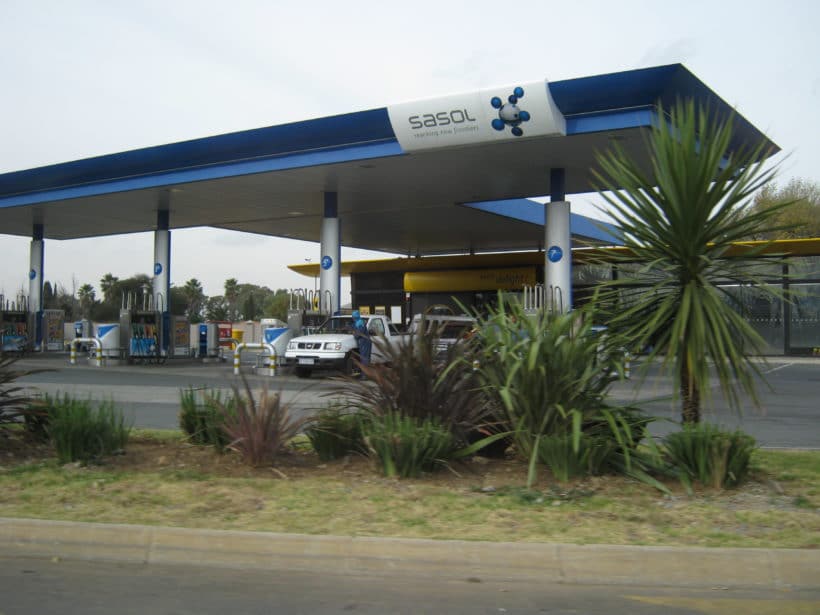
Feb 26 (Reuters) – South African petrochemical firm Sasol SOLJ.J is committed to a 30% cut in carbon emissions by 2030, but wants “a balanced debate” that weighs the economic impact of climate targets, its CFO said on Monday.
Sasol, the world’s biggest producer of fuels and chemicals from coal and gas, and a major carbon emitter, has recently faced criticism from environmental activists and some investors over its climate targets.
The company was forced to cancel its annual general meeting last November after it was disrupted by climate protesters.
A major part of Sasol’s plans to cut emissions is a 25% reduction in the use of coal, both as a key input and energy source. It plans to replace coal as a raw material, first with gas and eventually biomass, once it becomes economically viable, CFO Hanre Rossouw said.
Sasol has signed up 600 megawatts (MW) of renewable energy supply contracts, with 500 MW having reached financial close.
Sasol was “fully committed” to its decarbonisation targets, Rossouw said, “but we’ve got to be clear about what’s going to drive economic growth, jobs and energy security in South Africa. It’s not just energy transition at all costs.”
Sasol says it is one of South Africa’s biggest employers and tax payers, contributing 5% of the country’s gross domestic product.
On Monday, Sasol reported 34% decline in half-year profit, to 12.85 billion rand ($665.23 million) in the six months to Dec.31, from 19.39 billion previously mainly due to weaker oil and petrochemical prices as well as higher costs.
The company announced an interim dividend of 2 rand per share, down from 7 rand previously.
Rossouw said Sasol was considering changing its dividend policy, which is tied to core headline earnings, to base payouts on cash flow generation.
Sasol’s shares were 2.9% down at 141.77 rand at 1416 GMT.
($1 = 19.3167 rand)
(Reporting by Nelson Banya; Editing by Clarence Fernandez, Kim Coghill and David Evans)

